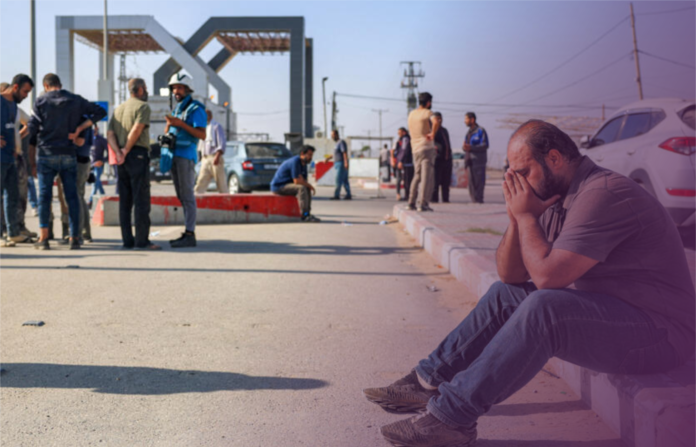Reasons behind Egypt’s stance on Palestinians forcibly removed from Gaza and its refusal to grant them entry
1.5 million civilians’ dwells in Rafah, southern Gaza, the once-thriving Cairo after losing it. The town’s population grew from 250,000 to half of Gaza Strip’s population as people fled Israeli air and ground attacks. The UN’s top humanitarian official has denounced these residents’ living conditions as inhumane. Disease and famine are the impending disasters.
The International Court of Justice calls the Gaza Strip military attack a probable genocide, with 29 000 dead. Since civilians crossed the border into Egypt’s Sinai Peninsula, rumors about an Israeli ground attack on Rafah are rising.
As a “safe zone” for years, Rafah is now a target of Israeli air attacks, making temporary tents for victims of violence obsolete. Egypt, a neighboring country with Israel that denies Palestinian refugees ejected by conflicts, has ignored global requests.
However, Egyptian President Abdel Fattah Al-Sisi refuses to build humanitarian corridors or allow substantial numbers of Palestinians into Sinai. According to him, crossing this “red line” would entail “liquidation of the Palestinian cause”. UN Refugee Director Filippo Grandi supports Egypt’s position, saying that relocating Gazans to Egypt would be bad for Egypt and the Palestinians, who would have trouble returning home.
Egypt maintains its position of preserving Palestinian rights and dignity in Gaza while opposing the extended settlement of Palestinians out of Gaza. The worldwide media and world community are keenly following this awful scenario; thus, we need emergency steps to cope with its humanitarian effects and find long-term solutions for the displaced Palestinians.



